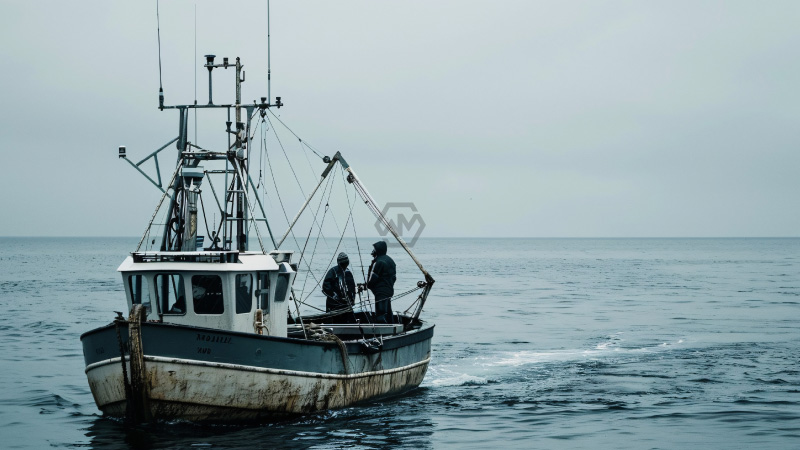- Mangaluru fishing boats return early due to poor catches and rising costs.
- Vietnam rejects China’s fishing ban in disputed East Sea waters.
- U.S. Senator Sullivan pushes for tougher measures against illegal foreign fishing.
In Mangaluru, India, approximately 80% of fishing boats have docked prematurely despite 23 days remaining in the fishing season. Local fishermen cite dwindling catches and escalating expenses as the primary reasons, with some fearing further financial distress.
Meanwhile, tensions in the South China Sea have escalated. Vietnam’s Ministry of Agriculture and Environment denounces China’s unilateral fishing ban. They assert that it infringes upon Vietnam’s maritime sovereignty.
Fisheries Under Siege: Economic Strain, Maritime Conflicts, and Legislative Pushes
Fishing communities in Mangaluru are grappling with economic uncertainty as catches dwindle and operating costs rise. Despite the season officially ending in late May, most boats have already returned to shore. Fishermen cite empty nets and unsustainable fuel expenses as reasons for this. Mohan Bengre, a prominent fisheries leader, expressed growing concern for the future of the local fishing industry. He emphasized the urgent need for state support.
Vietnam’s Ministry of Agriculture and Environment has strongly condemned China’s temporary fishing ban in disputed East Sea waters, labeling it as a violation of sovereign rights. The ban, effective from May 1 to August 16, covers a vast maritime area, including the Gulf of Tonkin. Vietnam has instructed local fishing communities to remain vigilant. Reports suggest possible detainment of vessels by Chinese authorities.
In the United States, Senator Dan Sullivan has intensified his push for stricter enforcement against illegal, unreported, and unregulated (IUU) fishing. The proposed FISH Act, co-sponsored by multiple senators, seeks to blacklist foreign vessels involved in illicit fishing. This law mainly targets Chinese operations. Sullivan is also pressing federal agencies to ensure that key fisheries surveys resume without further delays. There are concerns about potential funding cuts to NOAA.
Sullivan warned that while increased federal funding has been allocated, necessary stock assessments and data surveys remain incomplete. The senator emphasized that protecting U.S. fisheries requires consistent monitoring and effective trade policies. This will help prevent foreign vessels from exploiting American waters and undercutting local seafood markets.
From India to Vietnam to the U.S., fishing industries face mounting challenges from economic pressures, political conflicts, and regulatory shortcomings. These challenges underscore the need for comprehensive, international strategies.
“We need to look at all components of the science, including what climate change has done with regard to our fisheries.” — U.S. Senator Dan Sullivan



